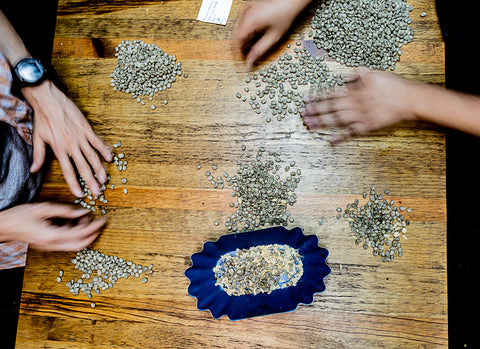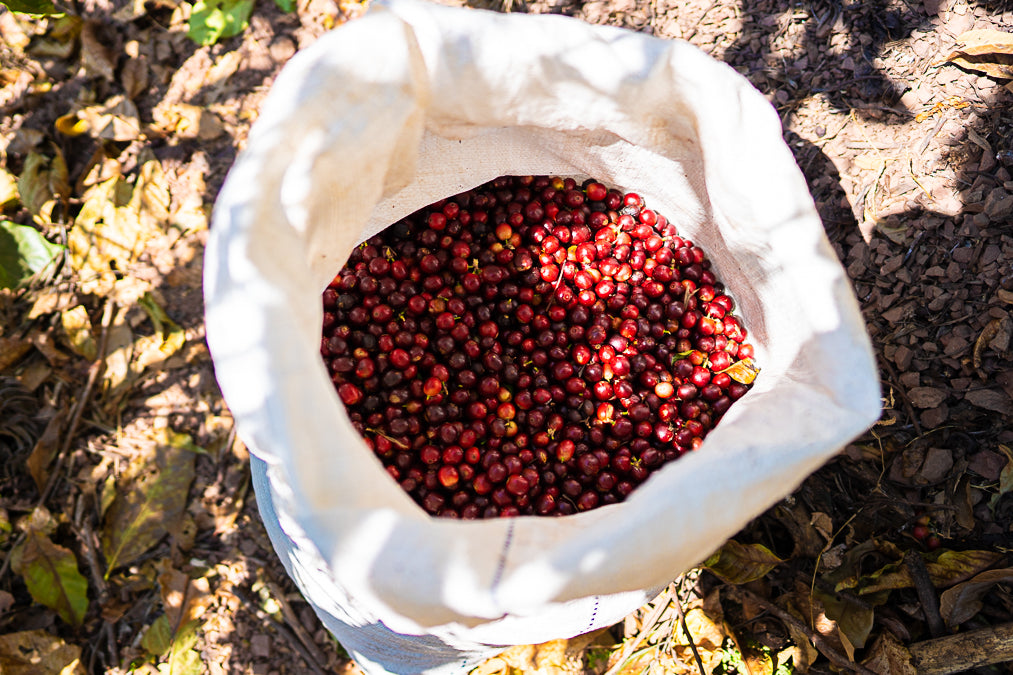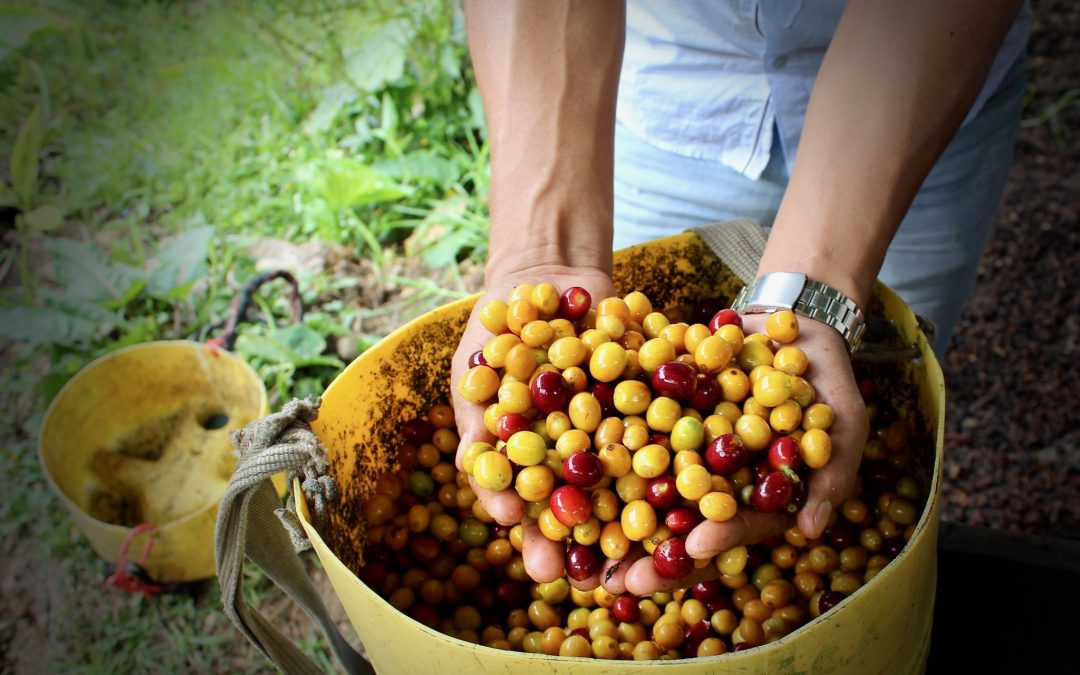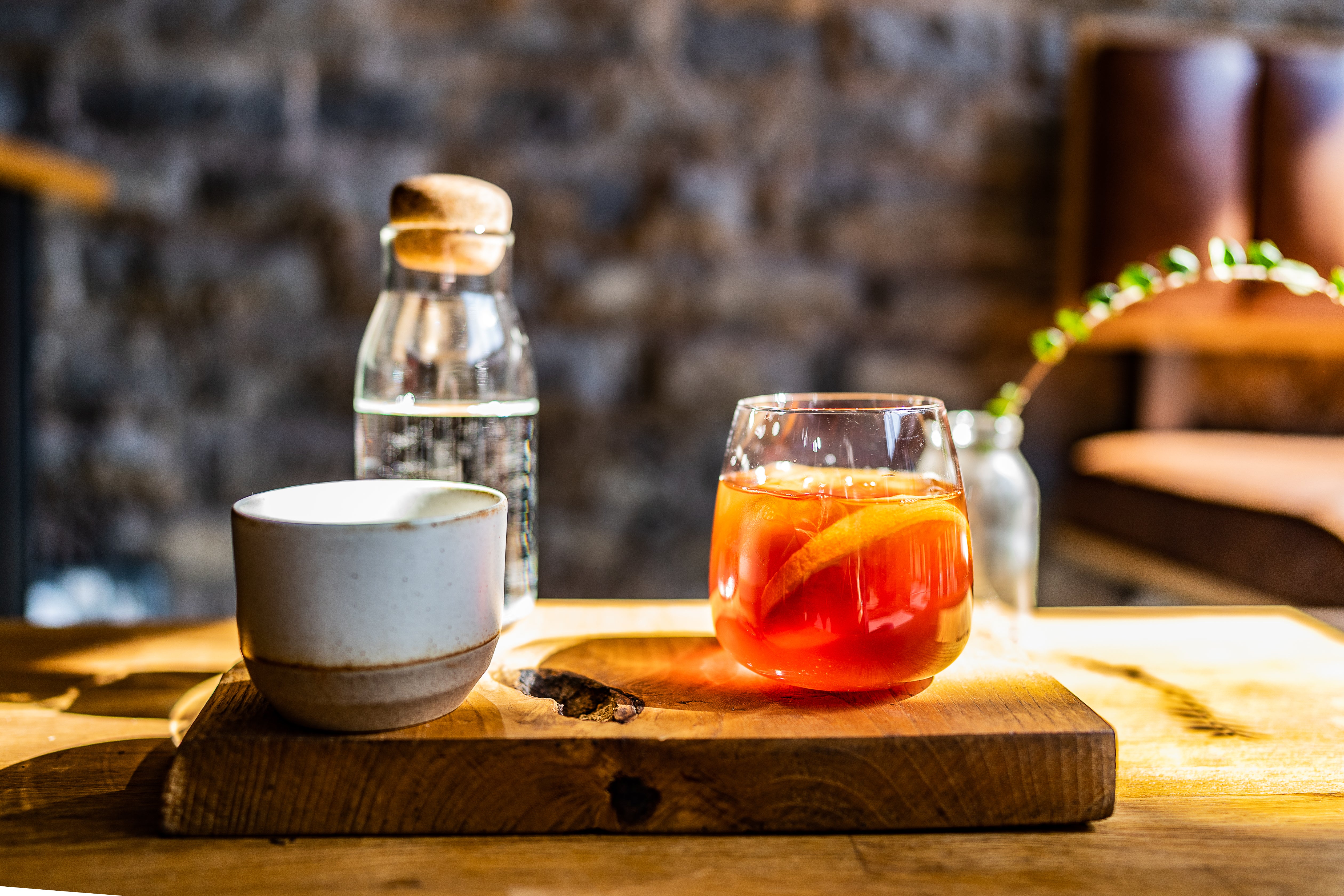What is specialty coffee ?
Why we use the good stuff, to make the good stuff.
But first …
A (re)introduction
It's been a good while since we wrote a post on here, so I'll start with a quick introduction. At Method Coffee Roasters we’ve been sourcing, roasting and brewing really tasty coffee since 2014.
A fascination with great coffee (and everything that goes with it) is essentially what got us started on this journey. There was (and still is) so much to learn: From growing, processing and sourcing; to importing, roasting and retailing - the world of coffee fascinates and excites us on so many levels.
Our business is primarily wholesale-focused: We partner with a really amazing and diverse range of customers; from quality-focused coffee shops and restaurants, to hotels, pubs and independent delis. Along with the supply of coffee we also provide: Coffee shop consultancy, barista-training and support and commercial coffee equipment and servicing.
Retail is a very important part of what we do and we’re really passionate about this part of our business too, it allows us to explore a wider range of coffees and present them in the way that we want. We love sharing coffee experiences with people and this website and our coffee shop allow us to connect more closely with our coffee community.

The last six years have been truly amazing, we're proud of what we've achieved so far, and incredibly grateful to everyone who has helped us on the way. The experience is certainly worthy of its own blog post (!)
First though, we’d like to start at the beginning - a fascination with great coffee.
Here we explore and explain what we mean by specialty coffee.

Specialty
The words we use to describe food and drink change all the time; it’s tricky keeping up with the latest trends, and untangling the language of the aficionado can get confusing. Once you start to delve, there’s often plenty of conflicting opinions, too.
Which labels tell us what we need to know? How can we accurately describe a food or drink? What happens when words get adopted, mis-used, over-used. What do we do if the original meaning has been lost?
The ‘speciality’ label gets used a lot in the food and drinks industries; we describe ourselves as specialty coffee roasters, but what does that really mean?
Care and attention, from farm to cup
At Method Coffee Roasters, specialty coffee is how we describe well-handled, consistent coffee: Care and attention is needed at every step. To get the best possible flavour in the cup, everyone who touches the product has to be focused on getting the most out of those beans.
When we set up Method Coffee Roasters the premise was always quality; a firm belief in starting with the best ingredients. Use the good stuff, to make the good stuff. Inspired by the Slow Food movement’s mantra of planet, people, politics and culture, we wanted to explore and share our love for the World’s best coffees and see where it would take us. Using the best ingredients means only sourcing fully traceable specialty grade arabica coffee.
Where does the term come from?
The ‘Specialty Coffee’ label originated in the US in the 1970’s, it’s now used Worldwide to describe coffees that sit at the top-end of the quality scale.

How … do we know if a coffee is speciality?
The ideas around what makes a coffee specialty are routed in quality - the term is a classification given to the highest-quality coffees. Organisations like the Specialty Coffee Association (SCA) and World Coffee Research (WCR) have worked hard to carefully define what it takes for a coffee to be considered ‘specialty’. Speciality coffee must be able to pass very specific physical grading criteria and sensory (aroma and taste) evaluation tests (cupping).
The green, un-roasted coffee must be free of primary defects and be properly sized and dried. When cupped, coffees must be free of faults and taints. The coffee should have natural sweetness and possess some complexity, displaying interesting flavour characteristics.

The SCA evaluates coffee using a standardised internationally recognised Quality Score. Coffees with 80 or more points (out of 100) are classified as specialty. Coffees scoring anywhere near 90 are considered exceptional.
Part of the SCA's focus includes a drive to improve quality through education and support across the supply chain - from the farmer at origin, through to the barista in your local coffee shop.
Who … makes specialty coffee?
The Farmer
The best coffees will only grow in select altitudes and climates. Given the right climate and conditions are satisfied, the next step to great coffee starts with the producer; we can’t overstate the importance of their dedication and focus. Coffee production represents a long-term commitment, coffee plants need to be nursed for several years before they bear fruit for their first harvest.
Committing to the production of a speciality product means that once the tree bears fruit, only coffees free of defects and picked at the peak of their ripeness will continue on to the next stage in the specialty journey.
For the farmer, the extra investment of time and effort means that being able to connect with quality-minded buyers is essential if she or he is to be rewarded with higher prices and profits. When this happens we can support individuals, families and communities around the world more effectively.
The Roaster
As coffee roasters, a crucial part of our business is selecting the right coffees - we need to buy carefully. This can mean working directly with farms or co-operatives or partnering with transparent and quality-focused green coffee importers. Once the coffee is at the roastery we must use our knowledge and experience to develop and perfect roast profiles for each and every coffee we work with. The coffee will be carefully monitored during the roasting process to ensure the highest standard of quality and flavour come through in the final roasted bean. When all of this is done successfully, our specialty coffee product is one step closer.
The Barista
A skilled barista using good quality brewing equipment delivers the final flavour in the cup. A well trained barista will know the origin of the coffee beans they're working with and how the flavour will be revealed in the brewing process.
The Consumer
As consumers, we play our part by seeking out and choosing specialty coffee. When we take the time to find our local coffee shop or roastery that is dedicated to quality, we too demonstrate our commitment to a higher standard of quality, taste and flavour. We're also making a commitment to a higher standard of living for everyone who contributed to the production of that coffee.
With this in mind, we believe there’s another important link needed to complete the specialty circle: provenance. Making and strengthening the link between quality-focused farming and better flavour in the cup require strong and transparent links between farmer, roaster and coffee drinker.






Leave a comment
This site is protected by hCaptcha and the hCaptcha Privacy Policy and Terms of Service apply.